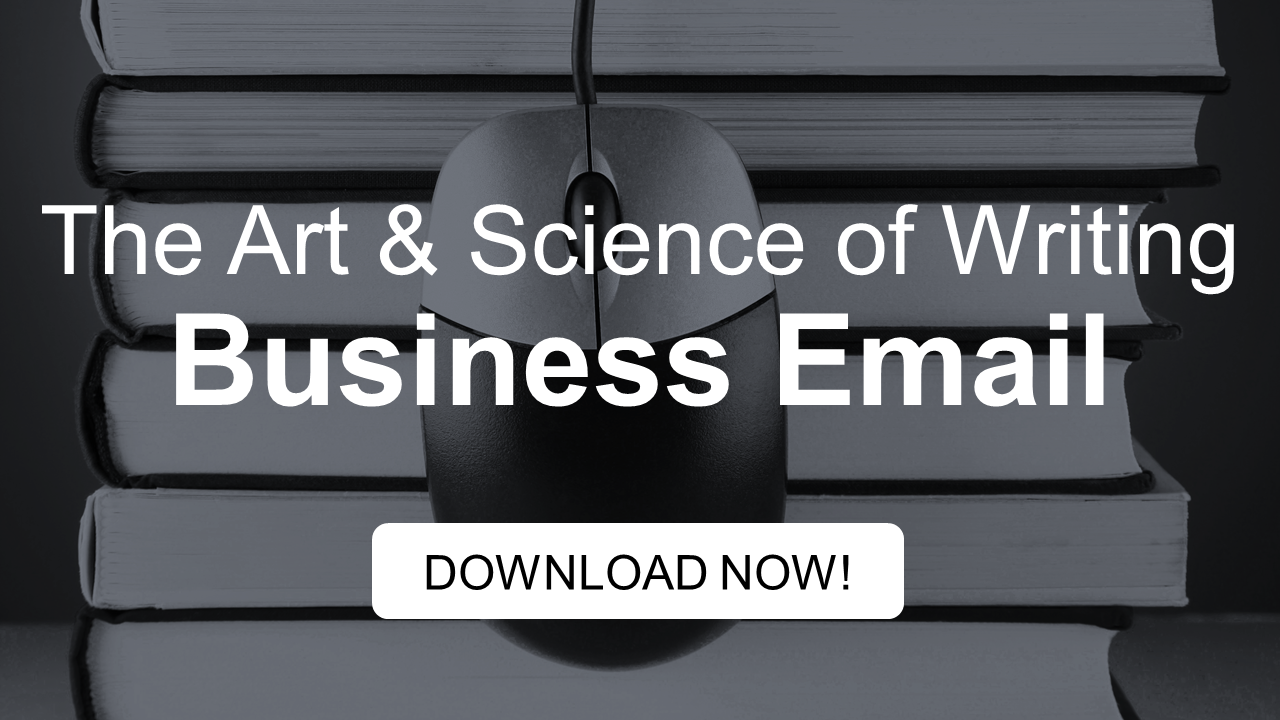Though paralegals often help with document-creation tasks, they are not merely typists. Paralegals have a deep understanding of a firm’s workflows and, if given the opportunity and respect, can modernize and maintain the firm’s knowledge base. In this insightful interview with paralegal-turned-lawyer-and-legal-technologist Ryan Groff, he explains how paralegals can help firms reach new heights of productivity and efficiency through technology.
What is your role and how did you get to where you are today?
I am currently Lead Product Advocate at LEAP Legal Software, Inc. My responsibility is to keep lawyers’ and law firms’ interests at heart. LEAP is a law practice management platform with everything firms need to practice anywhere, anytime.
I took this position during my last semester of law school because I always wanted to work in technology. What better way to use my legal training and help make a tool I loved using?
Before and during law school I worked in #SmallLaw as a firm administrator and paralegal. I worked closely with our owners to improve legal operations with technology while also helping estate, probate, and trust administration clients experiencing loss navigate probate courts and state and federal tax codes.
Previously, I taught a range of undergraduate and graduate courses at various MA colleges, and administered a faith and culture center, where I implemented large, grant-funded projects.
How can technology help lawyers and paralegals work better together?
Technology has the potential to improve law firm culture for lawyers and paralegals, and provide clients with a better overall experience. Sometimes, physically-present collaboration makes sense, or is even necessary, but most law firm work completed by lawyers and paralegals can be completed from a computer (or even a mobile device) anywhere with an internet connection. If I can complete my part of a project, and send a Microsoft Teams message to you with a link to the file while working from home so my sick child can sleep; and if you can receive that notification, open the file from a secure, 2FA-protected app, approve the changes, and reply while you’re sitting in court waiting for your case to be called; then I can e-file from home that same day. Being physically present at an office did not help this project advance. Using contemporary tools meant that I could better balance commitments to family, colleagues, and clients so none suffered. And you, my colleague in court, didn’t lose a day at court. While technology can be misused to sustain cultures of overwork, we can also develop good habits with the right tools so we both enjoy our work and live fulfilling lives.
What are the most important technology skills that paralegals must have?
- Know how to explain cloud, SaaS technology to others. Server-based programs are nearly extinct, and even if you know how cloud, SaaS apps work, your lawyer, paralegal, and administrative staff colleagues may not. Being able to clearly and succinctly explain these tools will allow you to advocate for their adoption, or train others on the existing tools you have.
- Share links, not documents. Learn how to collaborate on the same document, rather than creating different versions and attaching documents to emails, Slack, or Microsoft Teams messages.
- Learn how to use a PDF management tool, like Adobe. Not only will some lawyers think you are a wizard, but you will use these skills daily.
- Take a basic HTML coding class, so you know how to manually tweak email marketing campaigns and complete basic website edits. (Another wizard badge will be awarded at most small law firms.)
- Learn how to use more than just Outlook, Word, and Excel. For example, Microsoft Teams. Also, learn how to use these common Microsoft products in web browsers and on mobile devices, not just on computers.
- Think about integrations. Buying a great app is awesome, but have you tried designing your firm’s legal operations so every app works with every other app? Imagine keeping your clients’ information in one place from intake to online payments. If your firm has been in the practice of buying a new app for every feature you need, you have tech bloat and may need to clean up your tech infrastructure.
- Think about user experience. If you have multiple colleagues, they may have different technological skillsets. Remember this as you buy new apps. The best app may be hard or impossible to implement. The flip side of this is also true: practice teaching others new tricks with the apps you already own. This prevents you (or the resident office techie) from being a human bottleneck, and prepares folks to be technologically self-sufficient, which makes your firm much more efficient.
- Practice good digital security, including managing passwords. I can’t imagine why you wouldn’t adopt two-factor authentication (2FA) wherever possible, and I’ve had a good experience with LastPass. Digital security best practices are determined by state law, and they protect your employer and the firm’s clients.
What are the top 3 skills a paralegal must have for success?
- Paralegals must be able to remain calm when colleagues are stressed. This is a skill any executive should have, and paralegals are often required to manage up.
- Paralegals must be multidisciplinary. The best paralegal has a can-do spirit and a broad skillset. A high emotional quotient allows them to meet with clients and collaborate with colleagues. They also have a deep understanding of how the firm’s substantive practice areas, processes, and tools fit together. There are many, many pathways to this position, and paralegals can come from anywhere.
- Paralegals must know when to say no. Lawyers hire paralegals because they can’t handle everything, but paralegals also often have colleagues in billing, accounting, and client relations. Let them do their jobs. Saying no is also an important practice in courage. Sometimes paralegals are not treated well, and you must respect yourself enough to know when to say no to your role and employer.
What role can paralegals play in project and matter management?
Paralegals should be a firm's legal content designers. They know the substantive and procedural rules for the firm's main practice areas, and they know the provisions the lawyers at their firm use to serve clients. Paralegals at most firms are no longer needed to manage paper filing systems, or manually update case deadlines. Since this is boring work and technology can do these tasks faster and more accurately, this is not a good use of an experienced, technologically competent paralegal's time.
When paralegals serve in the legal content design role, firms benefit in a few ways. First, this role avoids "assists with" law firm culture, where paralegals are thought of as proxies to lawyers, who do real legal work. Second, when paralegals have a meaningful role to play, they experience more satisfaction in their work. Third, this role requires firms to study their workflows.
Think about it: a firm that pays someone to manage a centralized template database will only benefit from this role if the templates represent everyone’s needs, and everyone knows where and how to access them. This sounds simple, but in even the smallest firms, there is a lot of process alignment work that goes into this kind of organization. This is some of the most important work a firm of any size can do, because the best way for a firm to quickly waste the most money is to have unclear workflows and procedures, or none at all. Why? Because a firm’s people are its most valuable and most expensive investment. Finally, when your automated document templates are built right into a true-cloud law practice management software where you manage every other part of your case, these templates enable everyone at the firm to serve clients from anywhere, anytime.
What document creation tasks are most efficiently and effectively done by paralegals?
Similar to above, but a few more notes. An experienced and technologically competent paralegal’s time is best spent creating and maintaining automated document templates. Experience is necessary, because a template cannot be created if you do not understand the substantive and procedural rules of the firm’s main practice areas, and if you do not understand the provisions the firm’s lawyers use to serve their particular clients. Technological competence is also necessary because template creation is not typing. Document automation starts with data, it does not start with documents. Firms that have clean, efficient document automation have their data in as few places as possible, ideally in one location, because then data maintenance and integrity happen in one place. Automated document templates use field codes, so a basic understanding of Microsoft Word Merge Fields is required. When your data is in one place, and you understand how these codes work, you can then use more advanced logic to pull in key provisions based on data you already entered into your case management system. For example, your firm always uses a certain provision in a divorce settlement agreement if any of the couple’s children are minors. You would program the document to automatically check the information your firm received at intake, which has been imported to your case management system. If any of the children’s birthdays indicate they are a minor, then that provision appears.
Do you believe there are different expectations for technology skills between lawyers and paralegals? What are they? How do they play out?
Traditionally, there were tasks and workflows that a lawyer would not do, which were reserved for a paralegal. If a lawyer said, “I don’t do data entry,” or “I don’t have time for this,” it implied the task was a paralegal’s responsibility. Sometimes the lawyer lacked technology skills; for example, the lawyer didn’t know how to manipulate pages in a PDF, or efficiently navigate a court’s e-filing system. Other times these comments were the natural byproduct of a proper division of labor: it does make sense for folks whose time is worth a few hundred more dollars per hour to focus on higher-level work. Even so, I think it’s true that technology will always blur the line between what’s expected of lawyers and paralegals. I’d venture to say that most firms no longer have typists whose sole role is to manually type documents. Now each employee, from partner to paralegal, has their own keyboard. Are paralegals (and associates?) still preparing initial drafts while senior lawyers and partners spend time reviewing and tweaking? Probably. But some experienced lawyers use document automation to cut out the drafting phase altogether.
Do paralegals have a duty of technology competence?
Yes. Without getting too far into the weeds of the ABA’s Model Rules, state-by-state differences, and without trying to divine the one true meaning of Rule 1.1, Comment 8, my general sense is that everyone at a law firm is either helping a lawyer comply with ethical rules, or not. If a lawyer’s firm is big enough to justify employees, then their job is no longer to provide legal services, but to cultivate the team that provides legal services. If lawyers have employees, they are admitting they can’t do it all, and paralegals have a unique opportunity to contribute to the firm’s success. Why? Because paralegals often sit at an interesting intersection where the firm’s substantive legal work, administrative workflows, marketing efforts, and other aspects of the firm’s legal operations meet. A paralegal can be a great asset. A paralegal can even earn a certification from the International Association of Privacy Professionals to help maintain the firm’s privacy policy. And paralegals are almost always the best positioned to scope, suggest, and implement new technologies that make the firm more efficient. Whether they have duty or not, paralegals have a lot to give. Their contributions should not be underestimated.
What do you wish lawyers understood about delegation?
Delegation is impossible without policies and procedures. If your practice is big enough to need other employees, including paralegals, then the idea is that you pay them a salary to handle certain tasks. This sounds painfully obvious, but the only way this delegation is possible is if you plan ahead. For example, it’s no use paying someone to answer your phone if you don’t develop answers to frequently asked questions, including clear pricing for your most common practice areas. Otherwise, you will be bothered by every call and email for years, until the person learns all the answers from trial and error (if they stay that long). Call them policies, procedures, guidelines, lists, or even an FAQ. The important thing is that you have to plan to get anything out of delegation.
About Ryan Groff
Ryan is a Massachusetts lawyer and Lead Product Advocate at LEAP Legal Software. Ryan is also a board member and officer at the Heathmere Center for Cultural Engagement, a nonprofit on Boston’s north shore strengthening communities through dialogue and the arts. He is also a member of the Taxpayer Advocacy Panel, an independent federal advisory committee improving taxpayer experience at the IRS. He holds a J.D. cum laude from New England Law | Boston, and an M.A. in Theology cum laude from Gordon-Conwell Theological Seminary. Ryan lives just north of Boston with his wife, four children, and their dog, Dobby.
About the Paralegal Interview Series
This interview is part of a collection of interviews about paralegal work. By producing this series, we hope to shine a light on some of the most important but often undervalued people in law: paralegals. Paralegals are key contributors to a high-value legal practice and are more effective when they’re empowered. Let’s start working better together.
Nearly everyone working in a law firm writes, and that writing must be done well. WordRake can help produce better, clearer documents in less time. WordRake is clear and concise editing software designed for people who work with confidential information. The software improves writing by simplifying and clarifying text, cutting legalese, and recommending plain English replacements. WordRake runs in Microsoft Word and Outlook, and its suggestions appear in the familiar track-changes style. Learn more about our paralegal program and our 2-week enterprise pilot. Or try an individual license of WordRake for free for 7 days.






